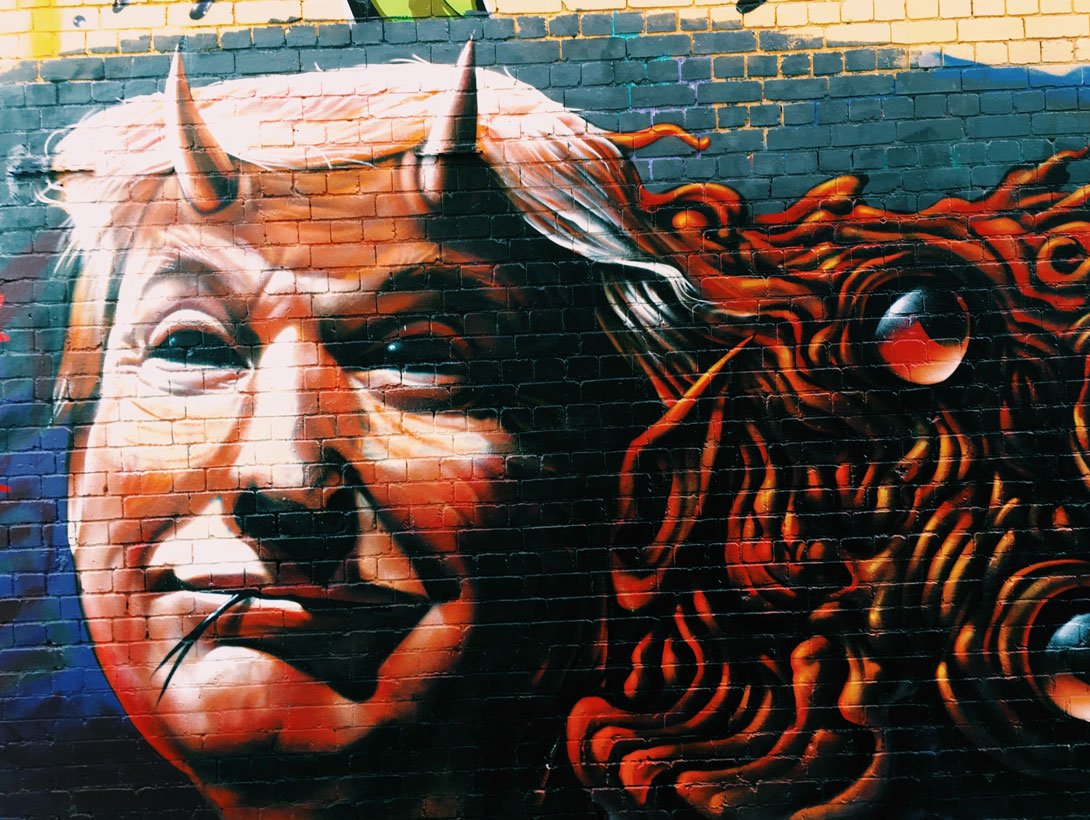
When President Donald Trump announced his change in policy towards Cuba in June 2017, he made several promises to Cuban entrepreneurs. He assured them that one of his goals was to empower them to guarantee “greater economic and political liberty,” and that his administration would allow US citizens and entities “to develop economic ties to the private, small business sector in Cuba.”
Two years later, a study by consultancy firm Auge shows that in reality, the president has not fulfilled any of these promises and that the measures adopted by Washington have actually impacted the development of Cuban private business.
For four months, Auge surveyed 126 entrepreneurs in Havana, who rent accommodation, develop software and technology, offer beauty services, handicrafts and gastronomy. It found that 80.1% of respondents said that Trump’s measures had affected them, while only 1.6% felt they had been benefited.
Among the leading problems identified following the policy change by Washington was a fall in clientele. A total of 60% of interviewees identified this as the most significant damage, after the Trump administration prohibited the entry into Cuba of cruises operated by companies such as Carnival and Royal Caribbean, and eliminated the licenses for people-to-people travel that had resulted in a dramatic increase in the number of US visitors to the island between 2016 and 2018.
If we take into account that 39% said that their annual income depended on US visitors, then the complex scenario which many businesses face today is better understood.
Other impacts listed by entrepreneurs in the Auge study were the increasing difficulties in importing goods and materials (53%) and the interruption of investments in already functioning businesses (40%).

In the absence of a wholesale market in Cuba, many entrepreneurs previously made purchases in the United States to supply their businesses. A total of 60.3% of respondents said that they had imported or purchased products that came from the United States through a third party. On the extensive list of such goods were tools, raw materials, foodstuffs, and even website hosting and domains.
On the other hand, since the beginning of the thaw in relations under the Obama administration and until the end of 2016, the United States granted more than 78,000 nonimmigrant visas to Cubans. This alternative means to stock up on supplies was also closed to entrepreneurs, as Washington eliminated the B2 visa valid for 5 years.
Likewise, while during Obama’s occupancy of the White House it was common for Cuban entrepreneurs to participate in different events and receive training to boost their development, those contacts were abruptly cut off with Trump’s measures.
Cuba’s surveyed self-employed recommended three steps to the Trump administration that, if followed, would have a positive impact on their businesses. The most repeated suggestion was to resume the process of normalization of relations between the two countries (73%), followed by the elimination of the US blockade that has been in force for more than six decades, now reinforced with the application of Title III of the Helms-Burton Act (69%), and to offer access to more training programs in US centers (40%).
In addition, although with a lower degree of consensus, they asked Trump to resume the granting of B2 visas and consular services at the United States Embassy in Havana, and allow US capital to be invested in Cuban private businesses.
Several of these recommendations coincide, to a large extent, with the promises Donald Trump made two years ago, when he decided to freeze relations between the two countries. The words of the US president, it seems, have vanished into thin air, or fallen hostage to an obsolete policy.